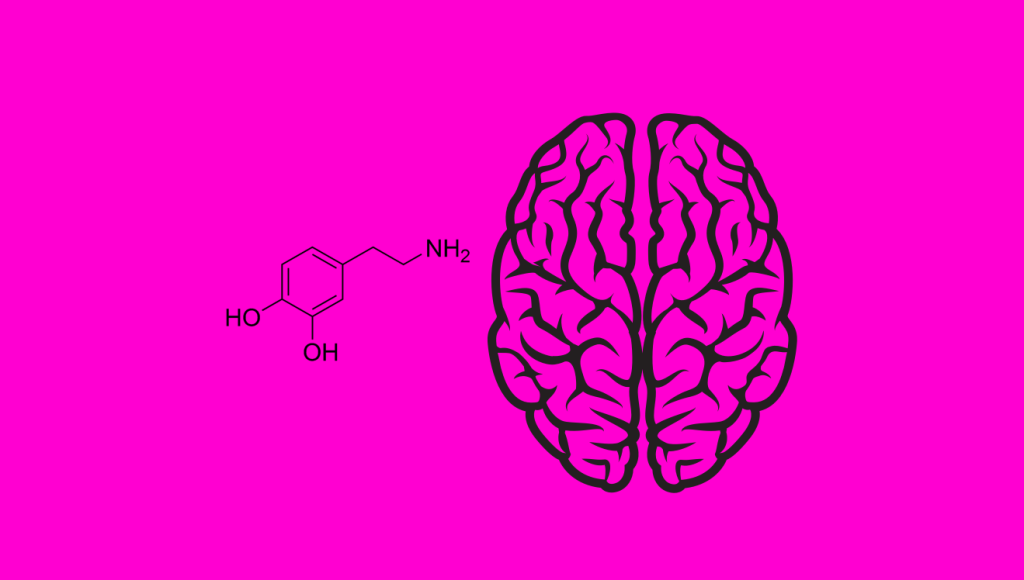Thoughts > Emotions > Behaviours
Cognitive behavioural therapy (usually referred to as “CBT”) is based upon the idea that how you think determines how you feel and how you behave. The steps and example below show us this process:
Step 1 : Something happens. It could be anything
Step 2 : You have thoughts about what has just occurred.
Step 3 : You experience emotions based upon your thoughts.
Step 4 : You respond to your thoughts and feelings with behaviours.
Example : Pharrell
- Situation : A stringer scowls at Pharrell while passing him on the street.
- Pharrell’s Thoughts : “I must’ve done something wrong…I’m so awkward.”
- Pharrell’s Emotions : Embarrassed and upset with himself.
- Pharrell’s Behaviours : Pharrell apologies to thee stranger and replays the situation over and over in his head, trying to understand what he did wrong.
In this example, you might’ve noticed that Pharrell’s thought wasn’t very rational. The stranger could’ve been scowling for any number of reasons. Maybe the stranger just got dumped, or maybe he scowls at everyone. Who knows? As humans, we all have irrational thoughts like these. Unfortunately, irrational or not, these thoughts still affect how we feel, and how we behave. Consider how Pharrell might’ve responded to the same situation if he has a different thought :
Scenario 1
Thought – “What a Jerk!”
Emotions – Angry
Behaviour – Pharell shouts: “What’s your problem?!”
Scenario 2
Thought – “He must be having a bad day…”
Emotions – Neutral
Behaviour – Pharrell walks away and forgets the incident
Using the cognitive model, you will learn to identify your own patterns of thoughts, emotions, and behaviours. You’ll come to understand how your thoughts shape how you feel, and how they impact your life in significant ways. Once you become aware of your own irrational thoughts, you will learn to change them. The thoughts that once led to depression, anxiety, and anger will be replaced with new, healthy alternatives. Finally, you will be in control of how you feel.






Leave a comment